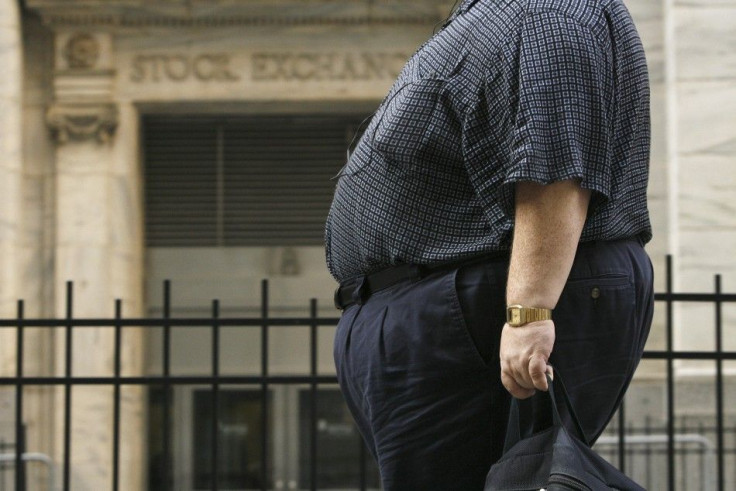Can Losing Weight Improve Erectile Function in Obese Men?

A small study shows that modest weight loss can possibly lead to an increase in sexual function and desire in obese men with diabetes.
The study was published in the Journal of Sexual Medicine.
The study put 31 obese men with type 2 diabetes on replacement diets. The average age was 60.
More than half of the men in the study reported erectile dysfunction and lower urinary tract infections, according to WebMD. After sticking to their new diets for eight weeks, the men who stayed in the study saw improvements in both areas. These improvements continued for 12 months.
However, almost half of the men dropped out of the study after the first eight weeks, according to Consumer Reports. This makes it even more difficult to assess the results of the already-small study.
Still, researchers believe the results show a correlation between weight loss and improved erectile function.
"The evidence that improvement can be achieved by modest weight loss, in particular when a diet is of high nutritional quality, is of public health significance in framing public health messages that resonate with men," Gary Wittert, the lead author of the study and a medical professor at the University of Adelaide in Australia, said in a press release.
According to the National Institutes of Health, erectile dysfunction affects approximately 30 million men in the United States and infections of the urinary tract are the second most common infection in the body.
© Copyright IBTimes 2024. All rights reserved.











